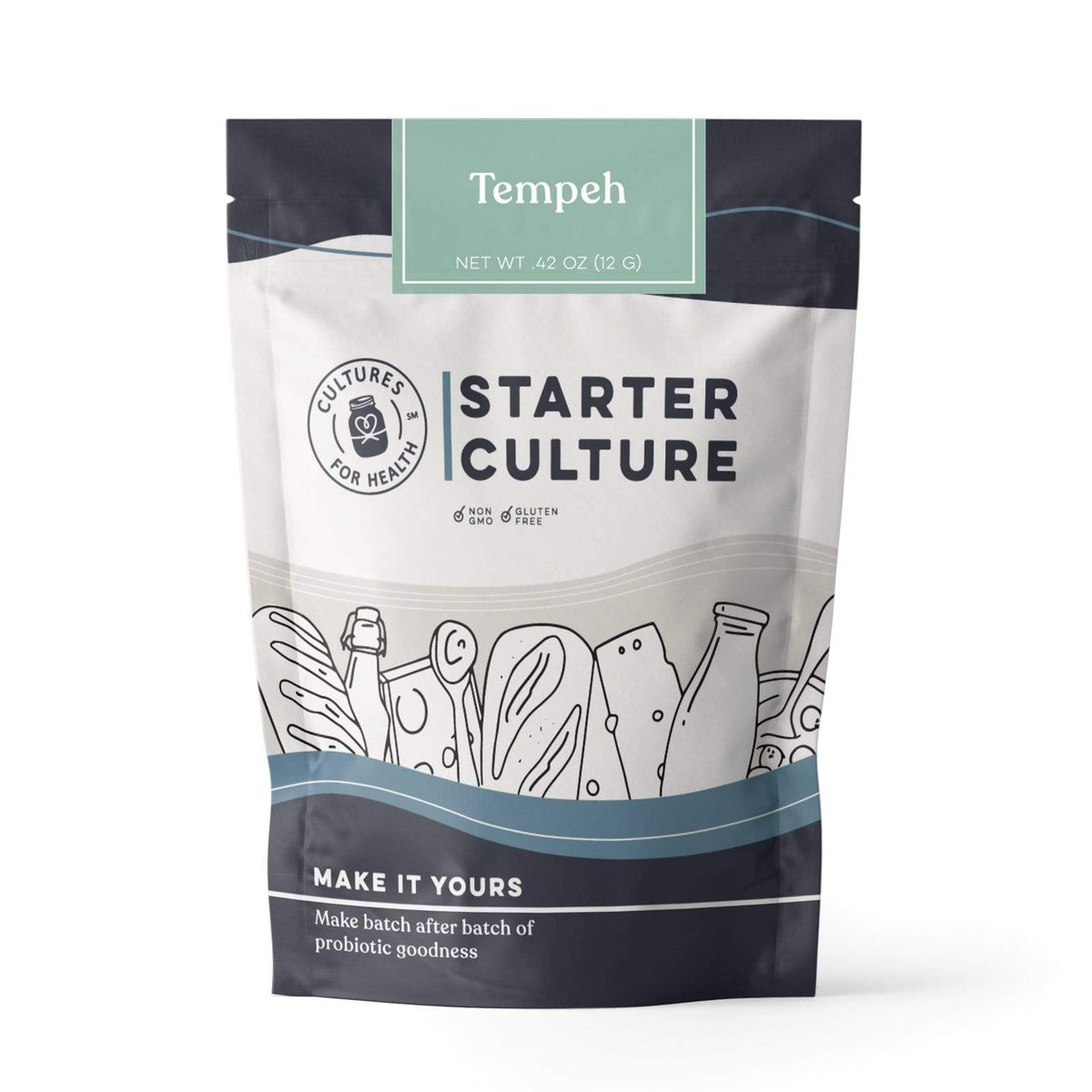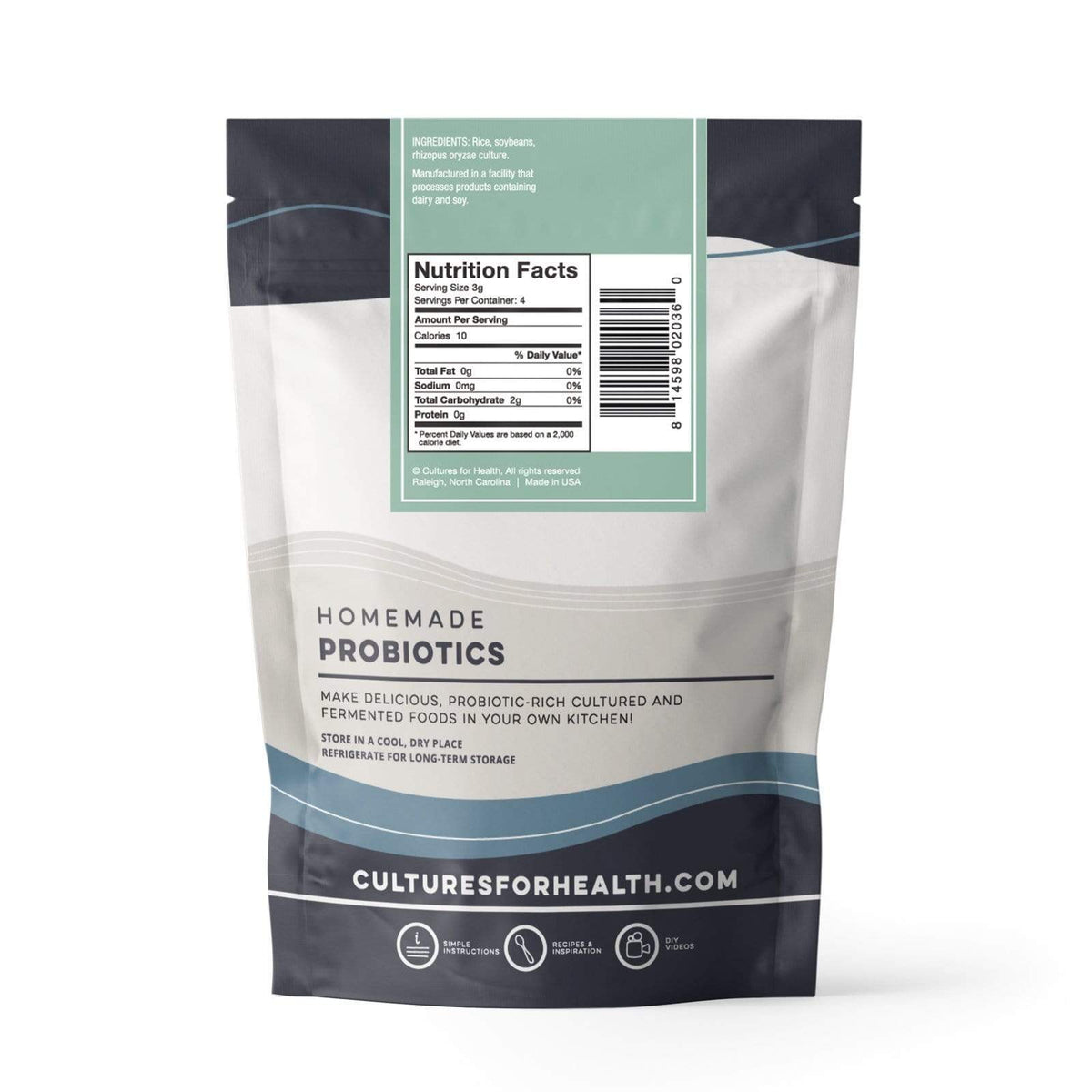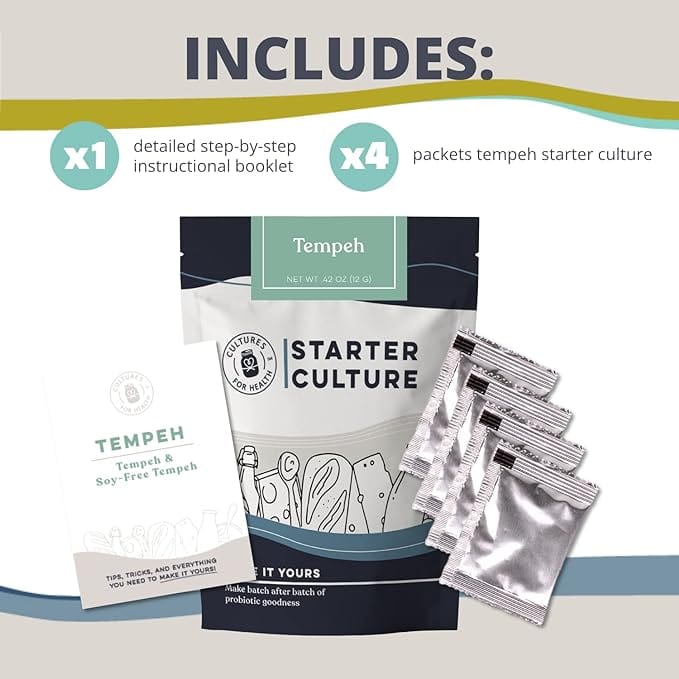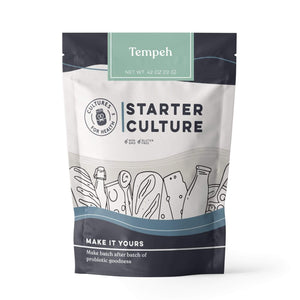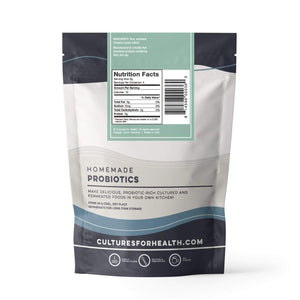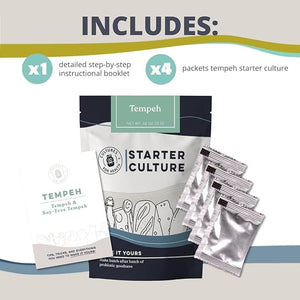
Have you ever wondered, “Is tofu fermented?” Tofu is a popular and versatile plant-based protein that’s found its way into many kitchens, but not everyone knows how it’s made or if it’s a fermented food. In this article, we’ll give you a quick rundown of tofu production and the importance of understanding its process.
Is Tofu a Fermented Soy Product?
To quickly answer the question “is tofu fermented” — no, regular tofu is not fermented. However, it is possible to ferment tofu, creating a distinct product called fermented tofu. This fermented variation offers unique flavors, textures, and additional nutritional benefits due to the fermentation process.
Tofu vs. Fermented Tofu

Let’s tackle the question “is tofu fermented” by taking a closer look at the differences between regular tofu and fermented tofu. Learning how to make tofu is pretty simple. Regular tofu, also known as bean curd, is made by coagulating soy milk with a coagulant, such as calcium sulfate or magnesium chloride. The resulting curds are then pressed into a solid block, removing excess liquid. While this process does involve breaking down proteins and separating the curds from the whey, it is not technically a fermentation process.
On the flip side, fermented tofu — also known as stinky tofu or preserved tofu — goes through a fermentation process using specific bacteria, molds, or yeasts. The tofu is first pressed to remove moisture, then it is cut into small cubes and placed in a brine mixture made of salt, rice wine, and various spices. This mixture introduces microorganisms that cause fermentation, giving the tofu a unique flavor and texture. As the tofu ferments, it develops a strong aroma and a soft, creamy consistency. The fermentation process not only imparts a distinct taste, but also enhances the nutritional benefits of tofu, such as the presence of probiotics and increased bioavailability of nutrients.
You can find a variety of fermented tofu in different flavors and textures at Asian grocery stores or online retailers. Fermented tofu is commonly used as a condiment, seasoning, or ingredient in dishes like stir-fries, soups, and stews.
Fermentation and Health Benefits
Fermented foods, including fermented tofu, are a treasure trove of health benefits. They’re packed with probiotics that promote a healthy gut microbiome, helping to improve digestion and overall immune system function. Fermentation also breaks down proteins and other nutrients in soybeans and plant-based foods, making it easier for our bodies to absorb them.
By including fermented tofu in your diet, you could potentially experience improved digestion, reduced inflammation, and enhanced nutrient absorption. Just remember to consume it in moderation and as part of a balanced diet.
Tempeh: A Friendly Alternative to Fermenting Tofu
While making fermented tofu at home can be a bit tricky, tempeh is here to save the day as a more accessible alternative for fermented food enthusiasts. It’s worth noting that fermented tofu has a strong taste and smell that might not be to everyone’s liking. On the other hand, tempeh, a traditional Indonesian food, is made from fermented soybeans that are bound together to form a firm, cake-like texture with a mild, nutty taste that’s widely liked. The fermentation process not only results in a higher protein content, but also increases the bioavailability of nutrients compared with tofu.
Incorporating tempeh into your diet can provide health benefits like improved digestion, increased nutrient absorption, and it provides a higher protein content. Plus, it’s a versatile ingredient that can be used in a variety of dishes, just like tofu. So, if you’re hesitant about trying fermented tofu due to its strong flavor and aroma, tempeh offers a milder and more approachable option while still providing the advantages of fermented foods.
Tempeh Starter Culture
Making Your Own Tempeh
If you’re keen on trying your hand at making a fermented food at home, give tempeh a shot with live cultures from Cultures for Health. Learning how to make tempeh is pretty easy; just follow these simple steps to get started:
-
Obtain high-quality soybeans and a live tempeh starter for fermentation.
-
Prepare the soybeans by soaking, hulling, cooking, and then cooling them.
-
Mix the soybeans with the live cultures and place them in a fermentation container.
-
Ferment the mixture at the right temperature and humidity for the required period (usually 24–48 hours).
-
Once the fermentation process is complete, store your homemade tempeh in the refrigerator.
Exploring More Fermented Food Alternatives
If you’ve developed a taste for fermented foods, you’ll be happy to know there are plenty of other options to explore beyond tofu and tempeh. Some popular fermented foods include yogurt, kefir, kombucha, and sourdough bread. Each of these fermented delights comes with its own unique health benefits and flavors.
Yogurt cultures and kefir cultures are both fermented milk products that provide an abundance of probiotics, which can boost your gut health and immune system. Kombucha, a fermented tea beverage, is not only a refreshing drink, but also offers potential benefits for digestion and detoxification. And finally, sourdough bread made with a sourdough starter brings a delightful tangy flavor to your homemade bread while making it more digestible and nutritious.
Feel free to explore these delicious and healthy fermented food alternatives with easy-to-use fermentation kits, and don’t hesitate to experiment with incorporating them into your daily meals. With a wide variety of live cultures available and easy-to-follow instructions, you’ll be well on your way to becoming a fermentation enthusiast in no time!
Conclusion: Is Tofu a Fermented Food? Not Really
So, is tofu fermented? While regular tofu isn’t considered a fermented food, its cousin — fermented tofu — is. Although making fermented tofu at home can be challenging, tempeh serves as a fantastic and accessible alternative. Both tofu and tempeh offer unique health benefits and can be part of a balanced diet. We encourage you to try both and have fun incorporating them into your meals. If you’re interested in the benefits of fermented foods, give tempeh a try, or even make your own tempeh using a starter from Cultures for Health. Happy fermenting!














